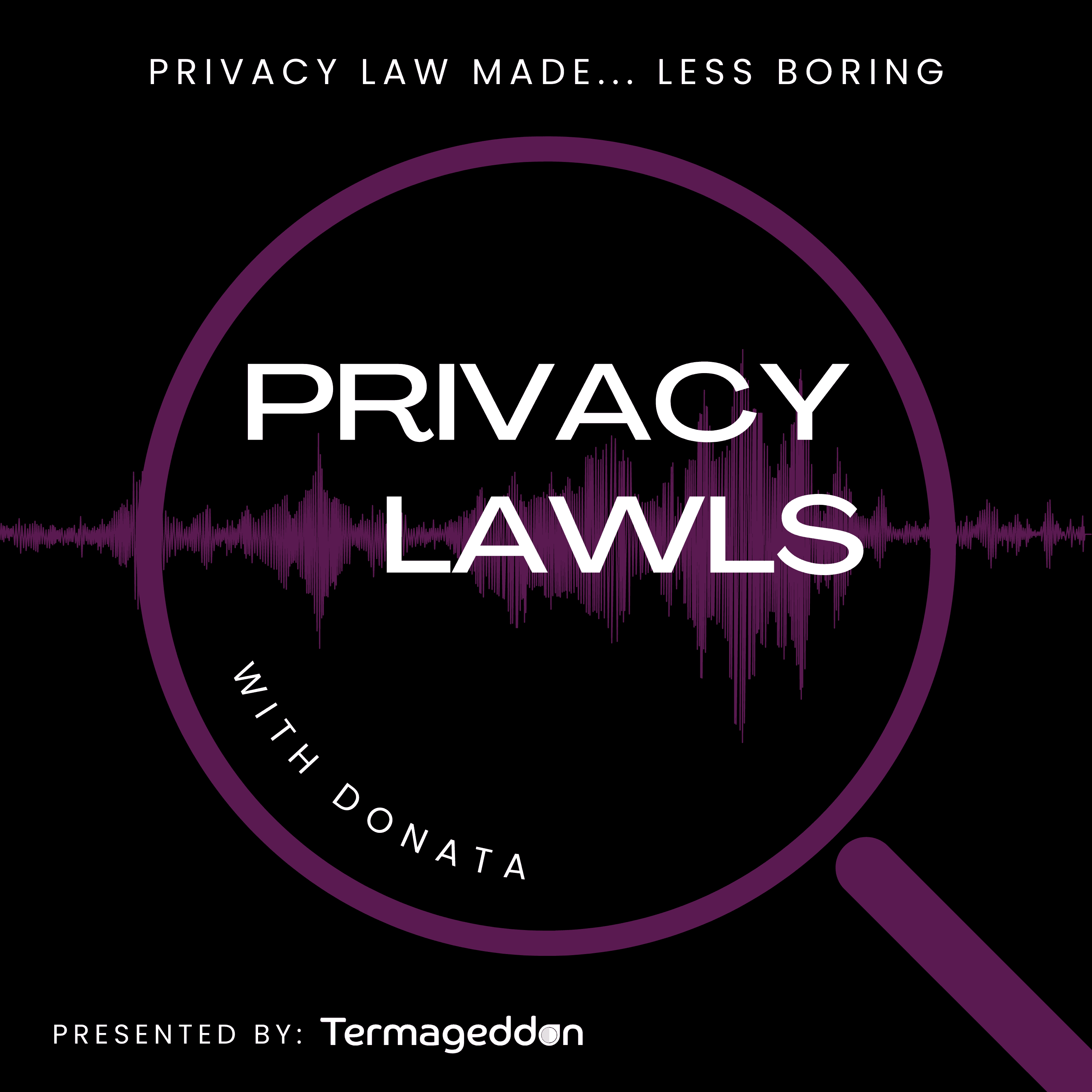Privacy Lawls with Donata
Ep. 7 | Collecting vs. Sharing vs. Selling Data… what’s the difference? (Guest: Justin Brookman)

Search the Site
Popular Articles
Browse by Category
Subscribe for Updates
Privacy Lawls with Donata
